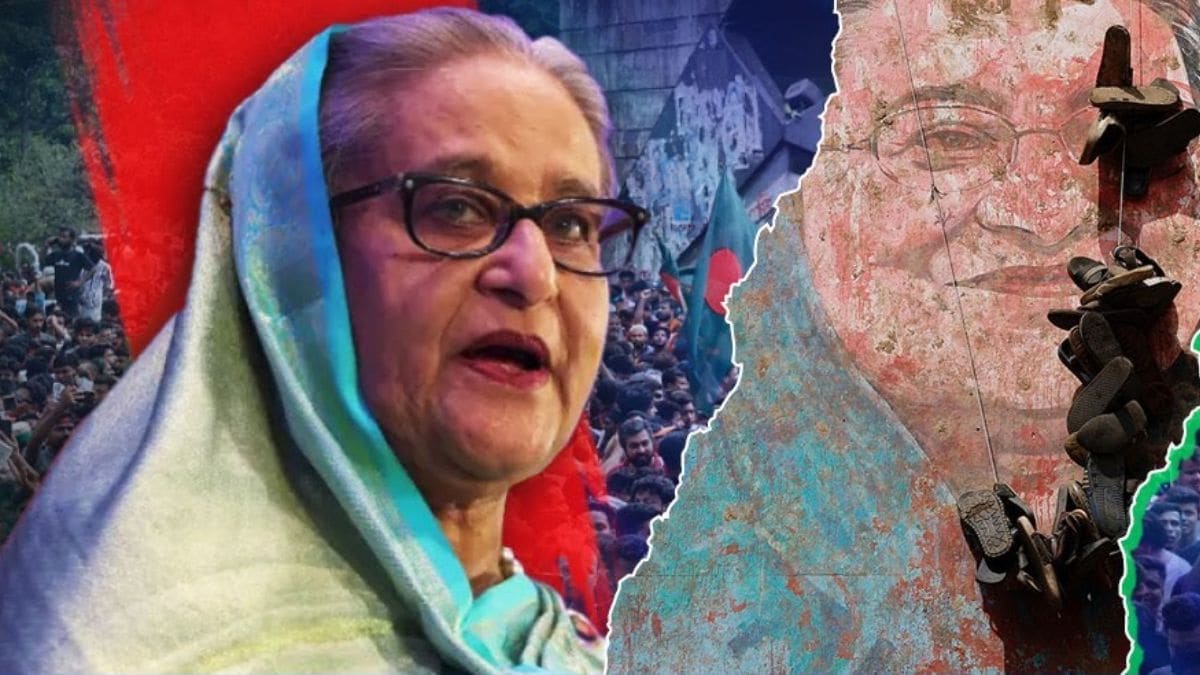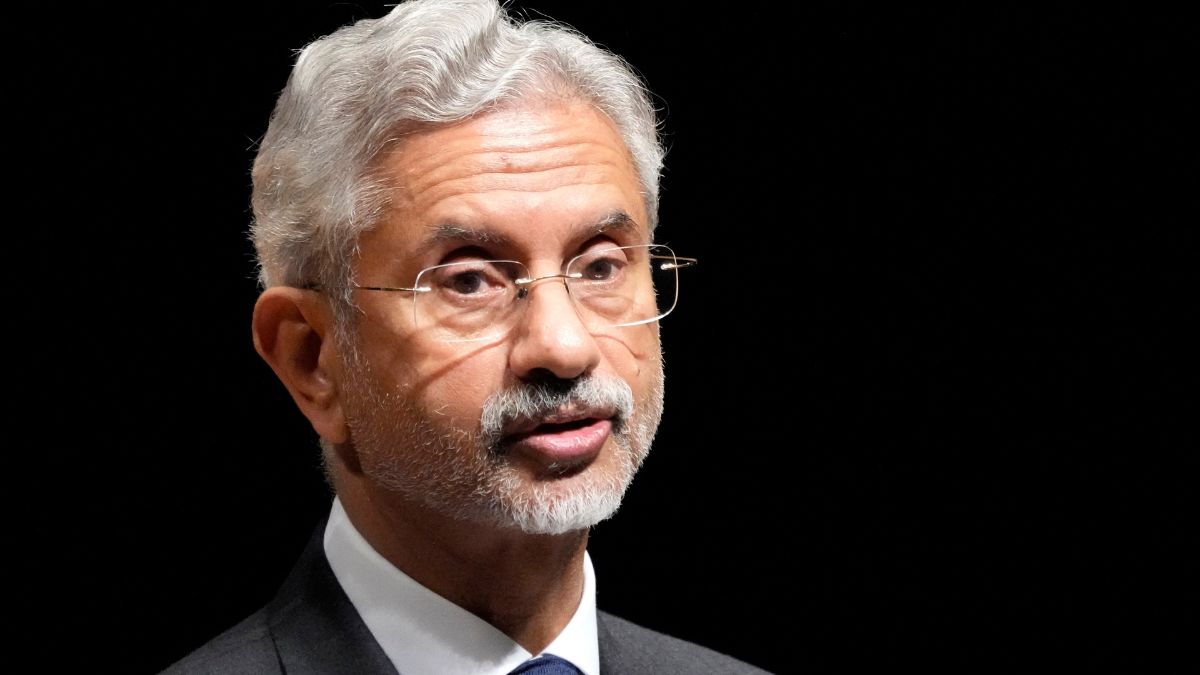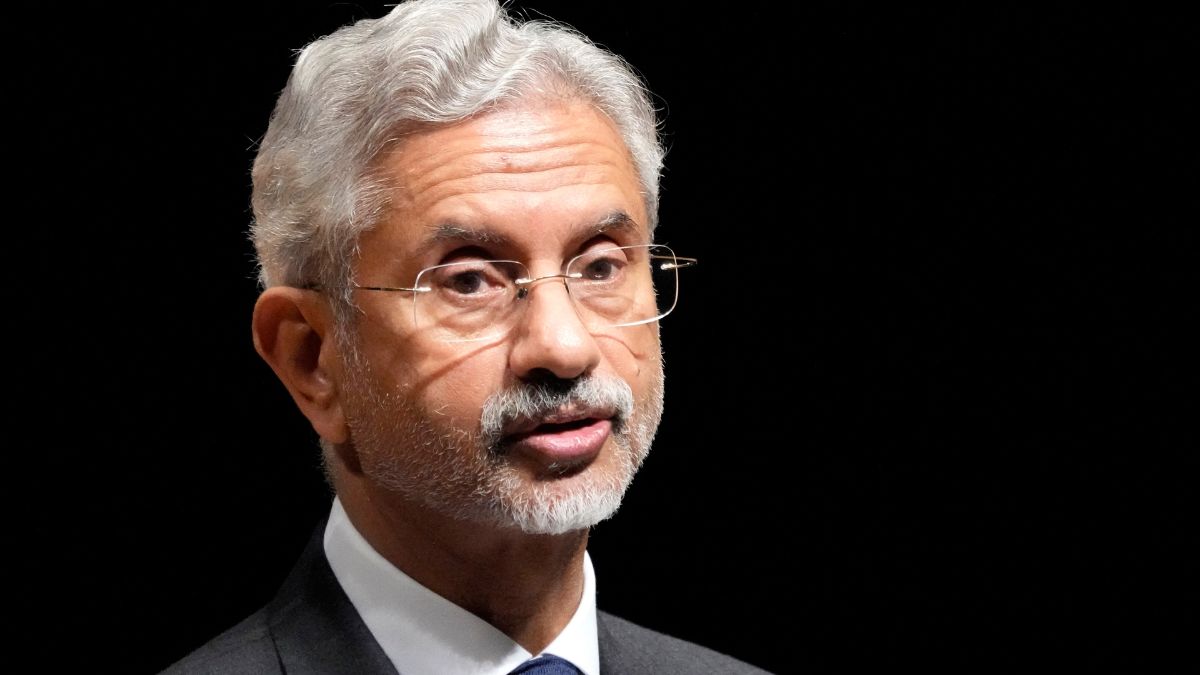The thirtieth Conference of the Parties (Cop30) of the UN Climate Change Conference (UNFCCC) commenced on November 10 in Belém, Brazil, and will conclude on November 21. It also represents:
The 20th meeting of the Cop that produced the Kyoto Protocol (CMP)
The 7th meeting of the Cop after crafting the Paris Agreement (CMA7)
The 63rd sessions of the Subsidiary Body for Scientific and Technological Advice (SBSTA63) and the Subsidiary Body for Implementation (SBI63).
From Promise to Purposive Action
The overarching theme of Cop30 is “Delivering on the Paris Promise”, emphasising the acceleration of climate commitment implementation. The summit focuses on adaptation, climate finance, and emissions reduction to achieve the Paris Agreement goals. Cop30 stresses transitioning from promises to action, highlighting the specific challenges of developing nations and the central role of adaptation measures.
The Brazilian presidency frames Cop30 as the “implementation Cop” and has adopted the vision of a “Global Mutirão”—a collective mobilisation involving governments, civil society, and the private sector to move from dialogue to delivery.
Main Sub-Themes of COP30:
Reducing greenhouse gas emissions
Adaptation to climate change
Climate finance for developing countries
Renewable energy technologies and low-carbon solutions
Preserving forests and biodiversity
Climate justice and the social impacts of climate change
The Beginning
The foundation for global climate action was laid at the United Nations Conference on Environment and Development (UNCED), also known as the Earth Summit, held in Rio de Janeiro, Brazil, from June 3 to 14, 1992, on the eve of the 20th anniversary of the first Human Environment Conference in Stockholm.
Though climate action was not the main theme, it came to the forefront due to growing scientific consensus, international reports like the Brundtland Commission, support from developed countries (Europe and the US), pressure from NGOs, and the leadership of Maurice Strong, the conference’s Secretary-General.
Quick Reads
View AllCentre Stage
The Rio Summit aimed to integrate environmental protection with socio-economic development under sustainable development. Key outcomes that brought climate change to centre stage included:
UNFCCC: Established to stabilise greenhouse gas concentrations and lay the groundwork for future agreements.
Agenda 21: A sustainable development action plan advocating energy efficiency and renewable sources.
Principle of Common but Differentiated Responsibilities: All nations share environmental responsibility, with developed countries assuming greater obligations.
Looking Back – Key Milestones
Since the UNFCCC’s inception at Rio in 1992, Cop has been pivotal in debating, negotiating, and realising global climate action.
One, Early Years – Laying the Foundation:
Cop1 (Berlin, 1995) built on the Rio Earth Summit, producing the Berlin Mandate to guide future actions, recognising that initial developed-country commitments were insufficient. COP3 (Kyoto, Japan) led to the Kyoto Protocol, committing industrialised countries to reduce greenhouse gas emissions by 5 per cent below 1990 levels by 2012. These early conferences highlighted the complexity of balancing economic development with climate responsibility.
Two, Turning Points – Building Momentum:
Cop15 (Copenhagen, 2009) raised global awareness of the urgent need for action, though it did not produce a binding agreement. Lessons from Copenhagen informed Cop21 (Paris, 2015), resulting in the historic Paris Agreement.
Three, Paris Agreement – the Glue That Binds:
Adopted on December 12, 2015, by 195 parties and entering into force on November 4, 2016, the Paris Agreement aims to limit global warming to well below 2°C, pursuing efforts to limit it to 1.5°C. According to the UN IPCC, exceeding 1.5°C risks severe climate impacts. Emissions must peak before 2025 and decline 43 per cent by 2030.
Key Paris Agreement Elements:
Five-Year Cycle: Countries submit increasingly ambitious Nationally Determined Contributions (NDCs).
NDCs: Commitments to reduce emissions and build resilience.
Long-Term Strategies: Optional low-emission development strategies provide vision for long-term planning.
Financing: Developed countries lead financial support, while voluntary contributions from others are encouraged. Climate finance supports mitigation, adaptation, and capacity building.
Four, Recent Milestones – From Ambition to Implementation:
Cop26 (Glasgow, 2021) focused on operationalising carbon markets, strengthening NDCs, and mobilising finance. Cop27 (Sharm El-Sheikh, 2022) emphasised loss and damage for vulnerable countries. Cop28 (Dubai, 2023) tackled fossil fuel phase-out discussions. Cop29 (Baku, 2024) established the ‘New Collective Quantified Goal on Climate Finance’, signalling a shift from target-setting to tangible implementation.
Over to Cop30
Cop30 in Belém is framed as the “implementation Cop”. Using the symbolism of the Amazon and the concept of mutirão, Brazil emphasises translating high-level visions into tangible outcomes. Urgency is heightened by the September 2025 deadline for NDC 3.0 submissions. Only around a quarter of national climate commitments currently integrate urban priorities, highlighting a gap between emissions sources and solution delivery.
Key Themes and Focus Areas:
Mitigation: Emissions reductions, renewable energy, and energy efficiency.
Adaptation & Resilience: Strengthening communities, ecosystems, and infrastructure.
Finance: Mobilising public and private funds for developing countries.
Nature & Biodiversity: Preserving forests, oceans, and biodiversity, including Amazon protection.
People & Inclusion: Ensuring a just transition with participation of Indigenous peoples, women, youth, and local communities.
Innovation & Technology: Advancing clean technologies and leveraging data and AI for climate solutions.
Midway Progress
As of November 18, the Cop is more than halfway through. The summit faces challenges, including the absence of official US representation and reduced engagement from other developed nations. Nonetheless, nations on the climate frontlines stress that without funding, climate safety and justice are impossible.
UN General Assembly President Annalena Baerbock highlighted that Cop30 should initiate implementation of up to $1.3 trillion in annual climate finance, reaching those most in need quickly, transparently, and fairly. She emphasised that climate action and social justice are inseparable, noting that insecurity drives poverty, migration, and conflict, creating a vicious cycle.
As of midway through the conference divergent opinions have emerged on all three key topics – developed countries taking the financing load, purposive action to limit the temperature increase to 1.5 degrees centigrade and action on revised NDCs by various countries. Halfway through the summit, transforming this cycle into a virtuous one remains a formidable task. May good sense prevail by November 21, the conference’s conclusion, to chart a path toward purposeful action to save the planet.
(The author is a multi-disciplinary thought leader with Action Bias and an India based impact consultant. He is a keen watcher of changing national and international scenarios. He works as President Advisory Services of Consulting Company BARSYL. Views expressed in the above piece are personal and solely those of the author. They do not necessarily reflect Firstpost’s views.)


)

)
)
)
)
)
)
)
)



